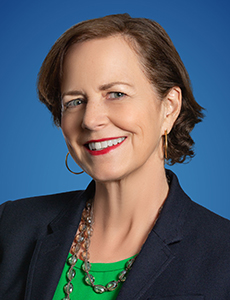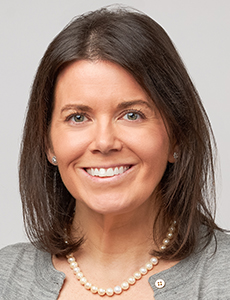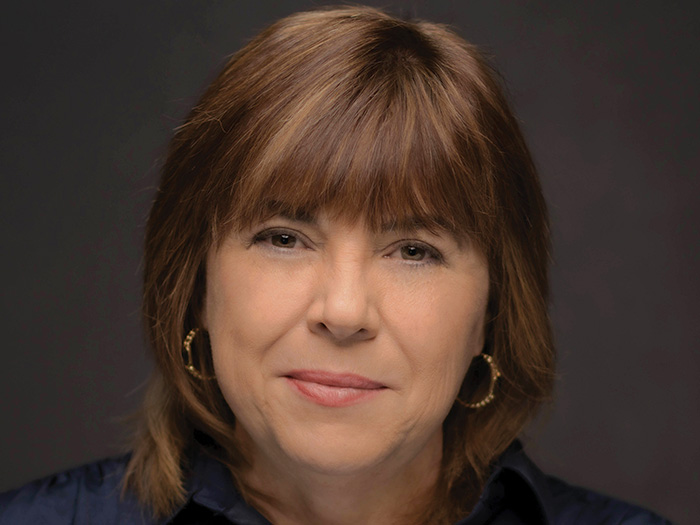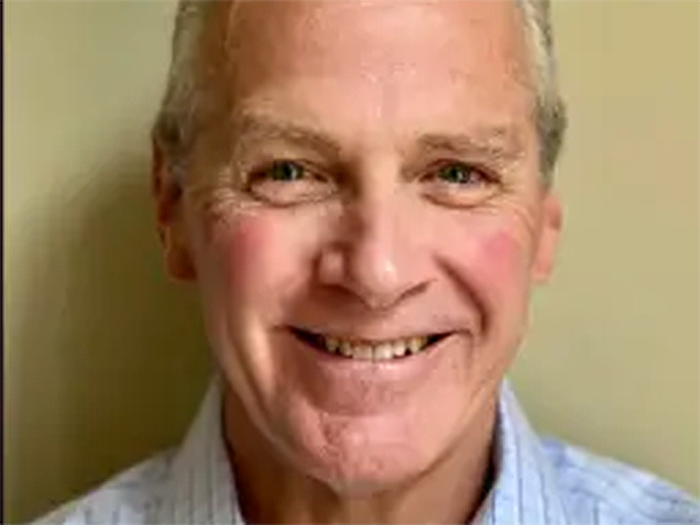Sponsored Content by QBE North America
In Today’s Polarized Culture, Companies Must Have Clear Policies for Employee Speech to Avoid Reputational Damage and EPL Claims

Over the past few years, more and more employers have encouraged employees to bring their whole selves to work.
The age of social media has encouraged increased sharing of all aspects of our lives, and its effects have trickled into the workplace. Employees who once eschewed discussions of politics or cultural issues in the office might now share photos from a protest they attended or wear a T-shirt with a political slogan. Others might more readily share personal details about their families or their children.
With this increased openness, however, comes increased employment practices liability (EPL) risk. Employees who are terminated for inappropriate workplace communication or violating a company’s social media policy may sue, alleging racial, gender or religious discrimination.
“There was a time when EPL was only catastrophic insurance, and now it has evolved into everyday response insurance,” said Mary Anne Mullin, SVP, fiduciary and EPL product leader, QBE.
“I think it’s incumbent upon us to be aware of what is going on in the world because it filters down to the workplace, where it can result in exposure under our policies, and to our employer insureds.”
Over the past few years, a number of lawsuits have illustrated the greater risks of today’s increasingly political and polarized workforces. Some employees may misunderstand what types of speech their private employers can and cannot limit, resulting in lawsuits that may be unfounded.
Employers can protect themselves by educating their employees on company policies and consistently applying any rules they have about what is and is not appropriate communication.
Recent EPL Cases: What’s Driving Them? How Can They Help Employers Understand Current Exposures?

Mary Anne Mullin, SVP, Fiduciary and EPL Product Leader, QBE
Employees often believe that the first amendment protects their right to say whatever they want inside or outside the workplace, though that is a misconception.
The first amendment only protects people from the government encroaching on their right to express their views. Private employers may create policies governing employee code of conduct, including limitations on what types of communication are appropriate for their workplace and their employees.
“There is no blanket right to free speech in the private workplace,” said Kristi Garrett, VP, associate general counsel, QBE.
“Employers may generally terminate ‘at will’ employees, for example, for expressing certain views inside or even outside the traditional workplace environment. In an age of social media, using that power has become very complicated. Even views expressed by someone outside of work and having nothing to do with work can become an issue because expression outside of the workplace may have employment-related consequences.”
Still, there are some forms of speech that are protected in the workplace. Individual states may have laws protecting certain forms of communication, like social media posts, for instance. Under the Federal National Labor Relations Act, employees cannot be terminated for discussing working conditions, wages and union organizing. Title VII protects workers from being terminated or disciplined after making claims of discrimination in the workplace.
When an employee sues their employer, they will often allege racial, religious or other forms of discrimination. In the case Carter v. Transp. Workers Union of Am. Local 556, flight attendant Charlene Carter sued Southwest Airlines and the union she was a part of after being fired over anti-abortion Facebook posts and messages she sent to the union’s president, according to the Associated Press. Carter believed union dues had been used to help other Southwest flight attendants attend the Women’s March, which supported abortion.
A jury initially awarded her $5.1 million, saying the company discriminated against her sincerely held religious beliefs, though Mullin and Garrett say that award has since been reduced and litigation remains ongoing.
“She’s an abortion opponent and she wrote strong emails expressing her displeasure,” Mullin said. “The company was ordered to reinstate her.”
Still, just because an employee claims discrimination doesn’t mean the courts will agree. Whether the court system sides with the business or the worker depends on a variety of factors, including how consistently a company’s policy is enforced.
Take the recent case Kinzer et al v. Whole Foods Market Inc. as an example. Three former Whole Foods employees sued the company, alleging they were illegally fired for donning Black Lives Matter masks during the pandemic in violation of the company’s dress code.
Because the company had a dress code policy that prohibited employees from wearing attire with any logo other than the one belonging to Whole Foods, the judge ruled in favor of the employer.
“It didn’t matter if it was Black Lives Matter, a political slogan or even a sports team logo, you weren’t allowed to wear anything other than Whole Foods-branded attire,” Mullin said. “Whole Foods had a very clear dress code policy.”
How Employers Can Protect Themselves From EPL Risks

Kristi Garrett, VP, Associate General Counsel, QBE
Though there are many new entrants in the management liability insurance space and rates remain stable, from a carrier perspective, one of the most valuable things a risk manager can do is develop a strategy for preventing EPL claims.
Clearly communicating policies, enforcing them consistently and making sure the company is in compliance with shifting laws are just a few strategies for staying ahead of EPL risks.
“As the EPL insurer, we must pay for the cost of defending the claim regardless of liability. So, the key is preventing the lawsuit in the first place,” Garrett said.
Human resources departments should make sure they’re up to date on shifting state and federal regulations and state laws. This is especially important for businesses with locations in California, which tend to be litigation-heavy.
“A large California presence could possibly increase your exposure,” Mullin said.
Consistency is also key. All policies limiting any form of speech need to be enforced equally among employees, otherwise a worker may be able to claim discrimination. Going back to the Kinzer et al v. Whole Foods Market Inc. case, part of the reason Whole Foods came out victorious was because they were able to prove they enforced their no-logo policy consistently.
“If, through the discovery process, the plaintiffs had been able to prove that that policy was enforced on an erratic basis or against some groups of people more than others, then they might have been able to prove disparate or discriminatory treatment,” Mullin explained.
Choosing Strong EPL Risk Partners
With EPL case law and legislation shifting, often on a state-by-state basis, it’s important for insureds to retain the right insurance carrier.
QBE partners with an employment practices law firm to provide a number of risk management services to help prevent EPL claims and support insureds when a loss occurs. For instance, the firm can review employment manuals to see if they are up to date and provide employment-related training. They also operate a hotline where employers can call in with questions. “An insured can ask a particular question that they just need a quick answer to, hoping to nip a potential problem in the bud,” Mullin said.
“EPL laws are constantly changing,” Mullin said. Having a strong insurance partner is critical, especially for small to midsize companies, which may not have the internal resources to create and update guidelines and policies. Insurers have found that even large companies with well-resourced HR teams can appreciate having a second set of eyes on critical documents.
Both QBE’s underwriters and claims professionals have extensive expertise on EPL exposures. Many have law degrees, and the teams work together to draft policy language. When a claim occurs, the QBE team tries to approach litigation from the client’s perspective rather than pressuring for a settlement or trial.
“Both teams look at all the policies when we renew, and when we rewrite a policy. That way, the claims professionals are not saying one thing while the underwriters are saying a different thing to our clients.”
Most importantly, they remain abreast of current litigation and trending EPL risks so that they can continue to act as a risk management partner for their insureds.
“The world never stops changing. That means employers and insurers must adapt,” Mullin said. “We have to keep up so that we can best serve our clients.”
To learn more, visit: https://www.qbe.com/us/qbefinancial.
This article was produced by the R&I Brand Studio, a unit of the advertising department of Risk & Insurance, in collaboration with QBE North America. The editorial staff of Risk & Insurance had no role in its preparation.










